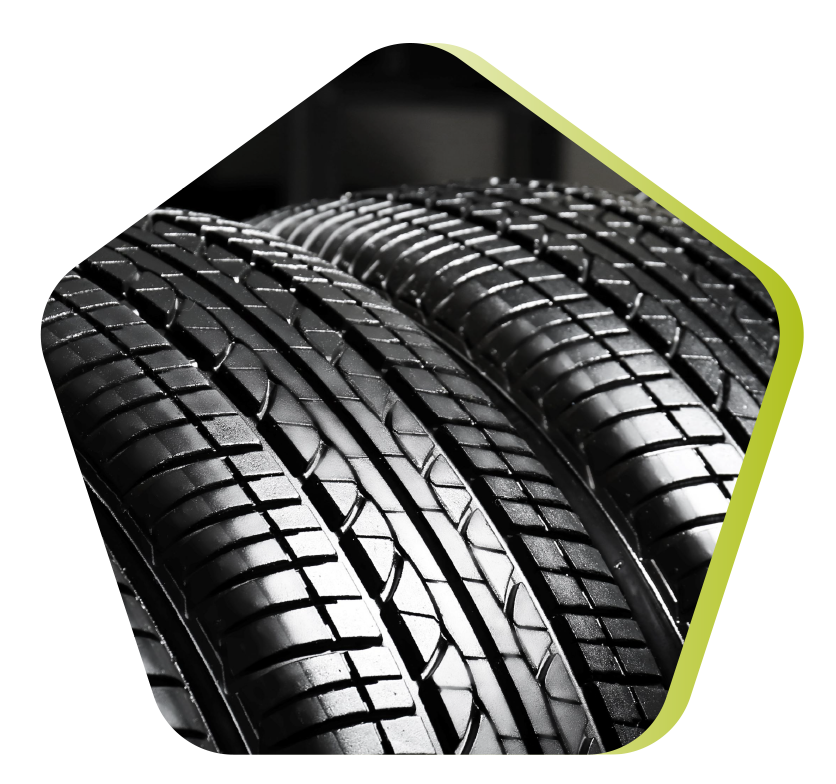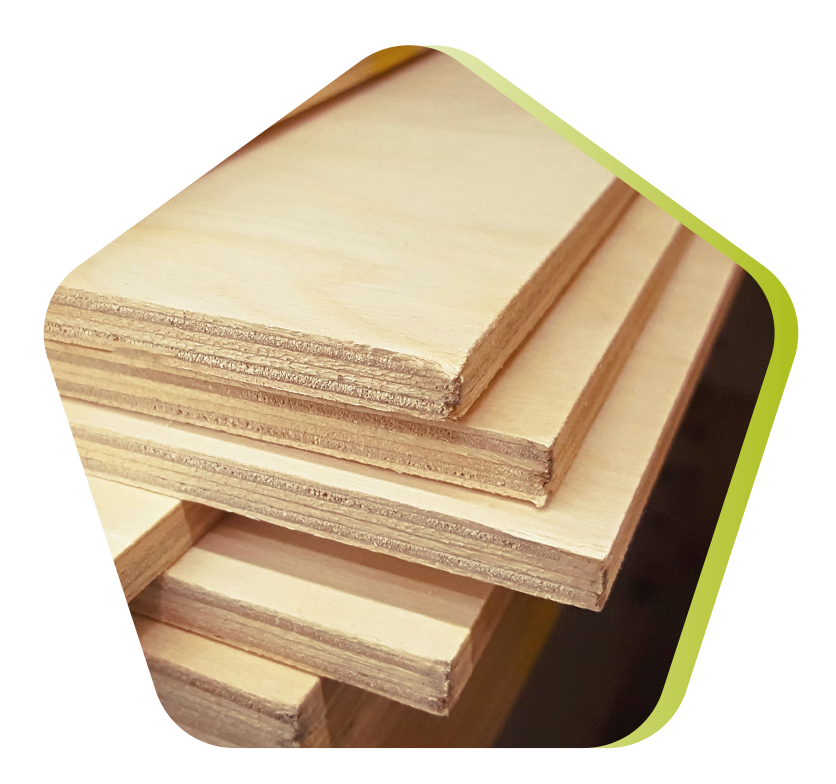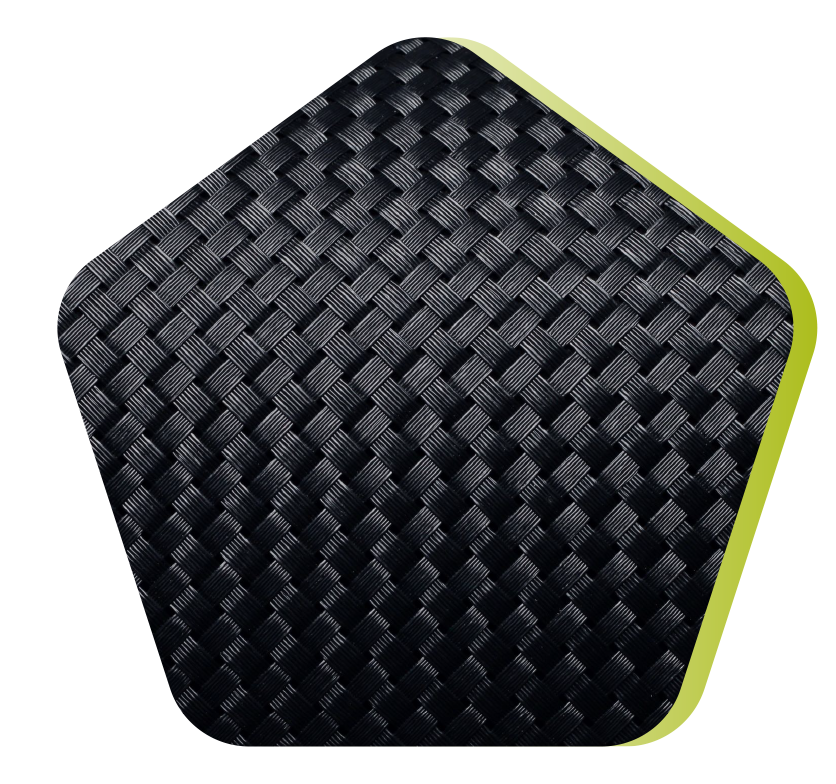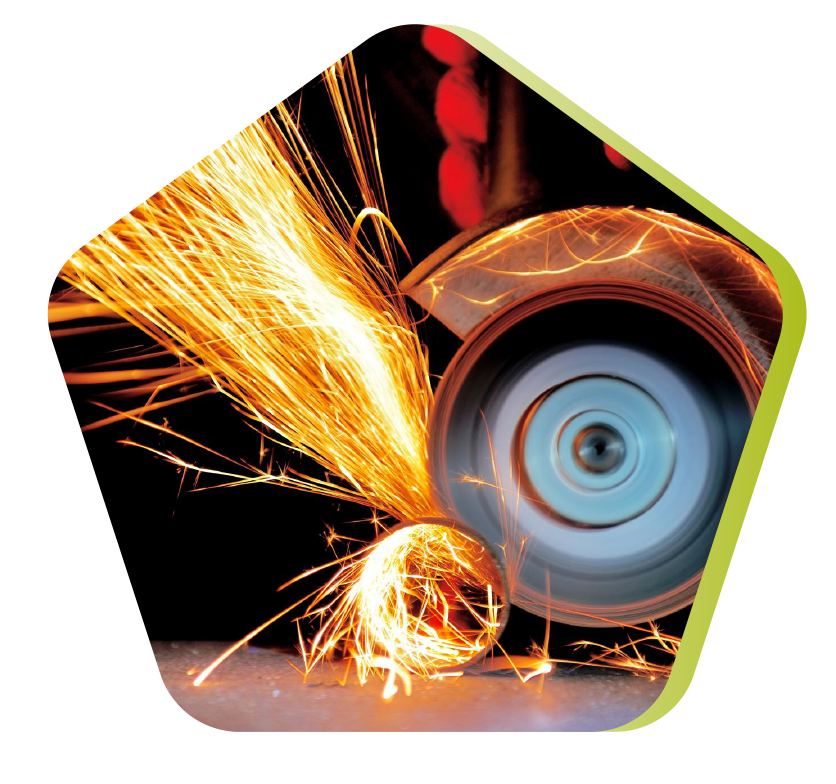Insulation
Insulation
The use of resins in insulation
The use of resins in insulation is one of the major aspects of modern construction and energy renovation. They are also widely used in wood.
Historically, resins have been particularly appreciated for their excellent thermal and acoustic insulation properties, as well as their resistance to humidity and chemical agents.
Today, they are all the more relevant for improving the energy efficiency, fire safety and environmental impact of buildings.
Integrated into all types of insulating materials, they can take a variety of forms.
Their versatility is a major asset, and the great design flexibility they allow is one of their main advantages.
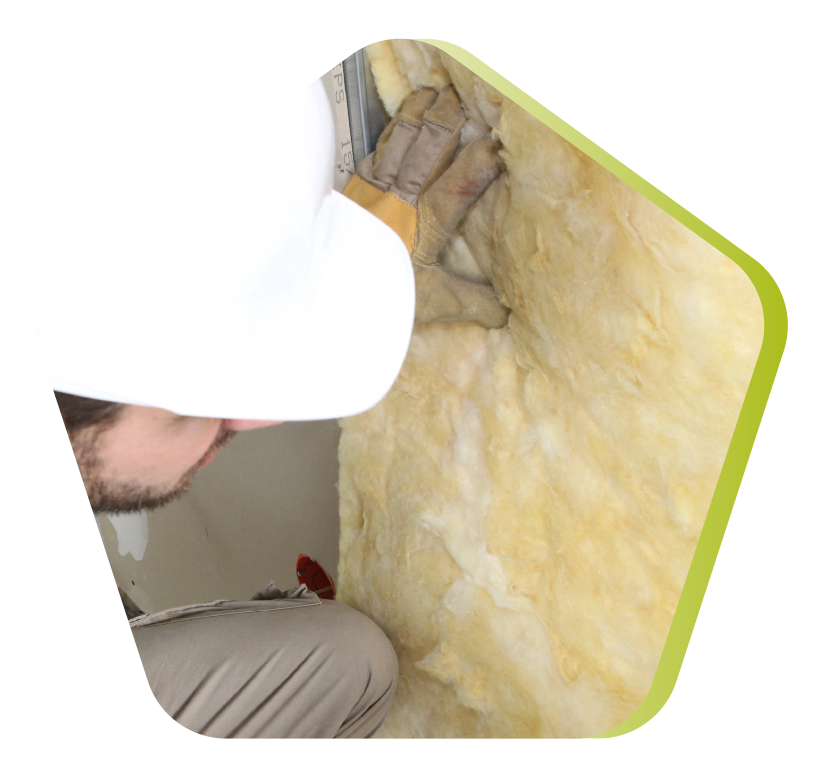
Why ResiCare for insulation?
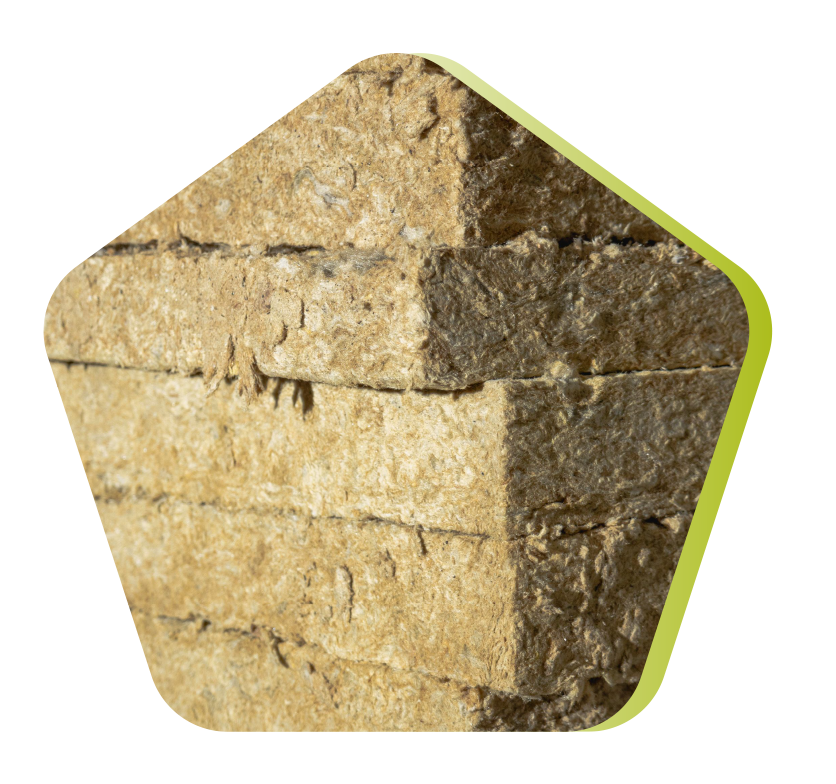
ResiCare develops resins used in mineral and plant-based insulation, whether glass fiber, rock fiber or wood fiber, for both flexible and rigid panels.
Our resins meet the essential properties of mechanical performance (traction, flexion, compression, etc.), chemical stability (water resistance, for example) and conductivity expected of this type of product. Our SVHC*-free, water-based liquid resins are compatible with the additives commonly used by manufacturers in the sector, and can be spray-applied mainly for thermocompression. Our resins are adjustable in terms of viscosity, reactivity, PH and pre-cross-linking temperatures, for example.
These resins are designed to be non-toxic, SVHC*-free and bio-sourced, making them particularly well-suited to the needs of construction and energy renovation. By replacing the various resins currently used for insulation, such as formo-phenolic resins and isocyanate resins, ResiCare reaffirms its position as an innovative player at the service of people and their environment.
*No substance meeting SVHC criteria (Substance of Very High Concern), as defined by European Chemicals Agency

The use of resins in insulation
The use of resins in insulation is one of the major aspects of modern construction and energy renovation. They are also widely used in wood.
Historically, resins have been particularly appreciated for their excellent thermal and acoustic insulation properties, as well as their resistance to humidity and chemical agents.
Today, they are all the more relevant for improving the energy efficiency, fire safety and environmental impact of buildings.
Integrated into all types of insulating materials, they can take a variety of forms.
Their versatility is a major asset, and the great design flexibility they allow is one of their main advantages.

Why ResiCare for insulation?
ResiCare develops resins used in mineral and plant-based insulation, whether glass fiber, rock fiber or wood fiber, for both flexible and rigid panels.
Our resins meet the essential properties of mechanical performance (traction, flexion, compression, etc.), chemical stability (water resistance, for example) and conductivity expected of this type of product. Our SVHC*-free, water-based liquid resins are compatible with the additives commonly used by manufacturers in the sector, and can be spray-applied mainly for thermocompression. Our resins are adjustable in terms of viscosity, reactivity, PH and pre-cross-linking temperatures, for example.
These resins are designed to be non-toxic, SVHC*-free and bio-sourced, making them particularly well-suited to the needs of construction and energy renovation. By replacing the various resins currently used for insulation, such as formo-phenolic resins and isocyanate resins, ResiCare reaffirms its position as an innovative player at the service of people and their environment.
*No substance meeting SVHC criteria (Substance of Very High Concern), as defined by European Chemicals Agency
All our applications
To build with us the best solution adapted to your needs, let’s get in touch !
To build with us the best solution adapted to your needs, let’s get in touch !
